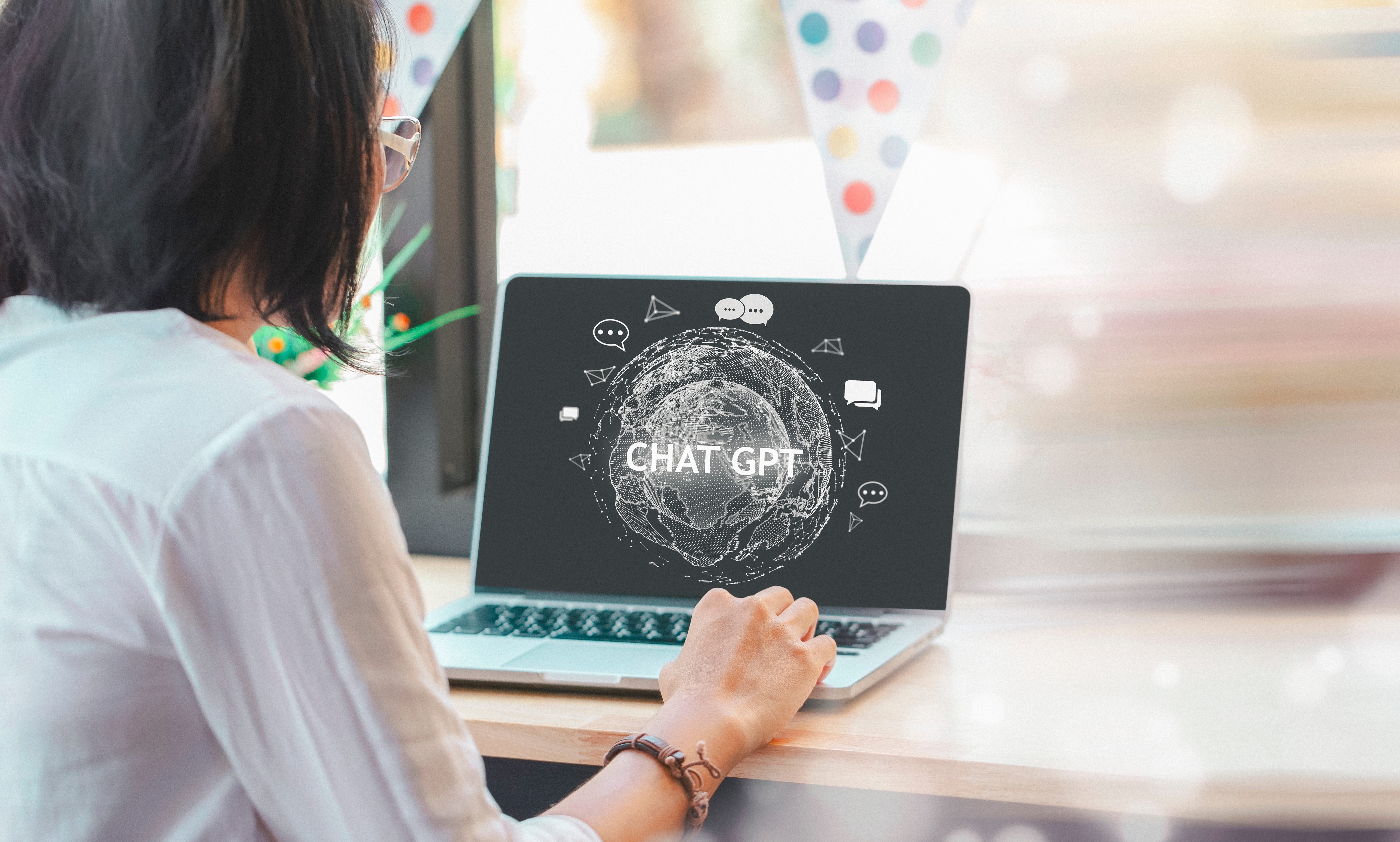It seems like the news is splattered with articles about ChatGPT and how it could be the next world changing technology – for better and for worse – across multiple industries, including healthcare. Why all the hype around ChatGPT? Should healthcare providers be excited, concerned or a little bit of both? Let’s explore.
What is ChatGPT?
ChatGPT stands for “Chat Generative Pre-Trained Transformer” and refers to an artificial intelligence (AI) model that is trained using millions of examples of human language to generate responses and carry on a conversation with humans. It was launched as a prototype on November 30, 2022 by its creator OpenAI. The system was launched as free to the public initially, with plans to monetize the service later.
ChatGPT has the capability to understand and respond to natural language input, allowing it to hold conversations with users in a way that is like how humans interact with each other. The service generated lots of attention based on its detailed responses to questions across many domains. However, it’s inconsistent factual accuracies drew criticism.
How ChatGPT could be a healthcare game changer.
With its vast knowledge database, ChatGPT has the potential to dramatically change the dynamic of personal healthcare by helping healthcare providers deliver better care to patients, streamline administrative tasks, and reduce costs.
There is growing excitement around artificial intelligence, and experts speculate how healthcare may embrace the ChatGPT technology:
- Better communication with patients: Act as a virtual assistant for doctors and nurses, helping them answer patient questions, schedule appointments, and provide health advice in a more timely and efficient manner.
- Personalized healthcare: Use machine learning algorithms to analyze patient data and provide individualized treatment plans, based on the patient’s medical history, current condition, and lifestyle factors.
- Real-time monitoring: Help monitor patients remotely in real-time, alerting doctors and caregivers if there are any changes in the patient’s health status or vital signs.
- Improved diagnosis accuracy: Leverage its vast knowledge base and natural language processing capabilities to assist doctors in making more accurate diagnoses and treatment decisions.
- Healthcare education: Use the technology as an educational tool to provide patients with reliable health information and promote healthy lifestyles.
- Improved efficiencies: Perform real-time dictation to accurately document the doctor/patient interaction.
- Improved access to mental health support: Provide mental health support by offering resources and advice on coping with mental health issues. The chatbot can also provide a listening ear and help users manage their mental health conditions.
Why we need to proceed with caution with ChatGPT and AI in healthcare.
Despite the many benefits of ChatGPT, there are concerns about cybersecurity that must be addressed to ensure patient privacy and data protection. As with any technology, there is the risk of hacking or unauthorized access to patient information. This could lead to the exposure of sensitive patient data, including medical histories and financial information. To mitigate these risks, healthcare providers must ensure that patient data is stored securely, and that access is restricted to authorized personnel only. This includes implementing robust data encryption and access controls, conducting regular security audits, and providing staff with cybersecurity training to ensure that they are aware of potential risks and how to mitigate them.
In addition to cybersecurity concerns, there are also ethical considerations that must be considered when using ChatGPT in healthcare. Patients may not always be aware that they are communicating with an AI system and may inadvertently disclose sensitive information that they would not have shared with a human healthcare provider. It is essential to ensure that patients are informed that they are interacting with an AI system and that their data is being collected and used for medical purposes only.
Beyond the concerns associated to healthcare and PHI, there are general cybersecurity concerns which clinics leaders should be aware of:
- Expect cyber attacks will exponentially grow due to ChatGPT’s capability to create malicious code. This will allow individuals with little to no coding experience to throw their hat into the world of hacking.
- The potential for ChatGPT to be used for creating compelling phishing attacks. Phishing is a type of cyberattack that involves tricking users into giving up their personal information. Poorly written emails will become a thing of the past. Cybercriminals can create fake chatbots that look like ChatGPT and use them to steal users’ sensitive information.
- The risk of hacking is also a significant concern with ChatGPT. Hackers can exploit vulnerabilities in the chatbot’s software to gain unauthorized access to users’ health data. This can be particularly dangerous if the data includes sensitive health information, such as medical history and medication details.
Conclusion? Proceed with caution.
A lot of the hype around the potential of ChatGPT is true. This is an exciting technological development that has the potential to transform the healthcare industry. ChatGPT’s ability to understand natural language and provide accurate medical information could have countless benefits including improving communication between healthcare providers and patients, assisting in medical diagnoses, and even illness prevention. However, it is crucial to proceed with caution, in particular in areas of cybersecurity and ethical considerations to ensure that patient privacy and data protection are maintained. As the use of AI in healthcare continues to grow, it is essential to remain vigilant and proactive in addressing potential risks and ensuring that patient safety is always the top priority.


